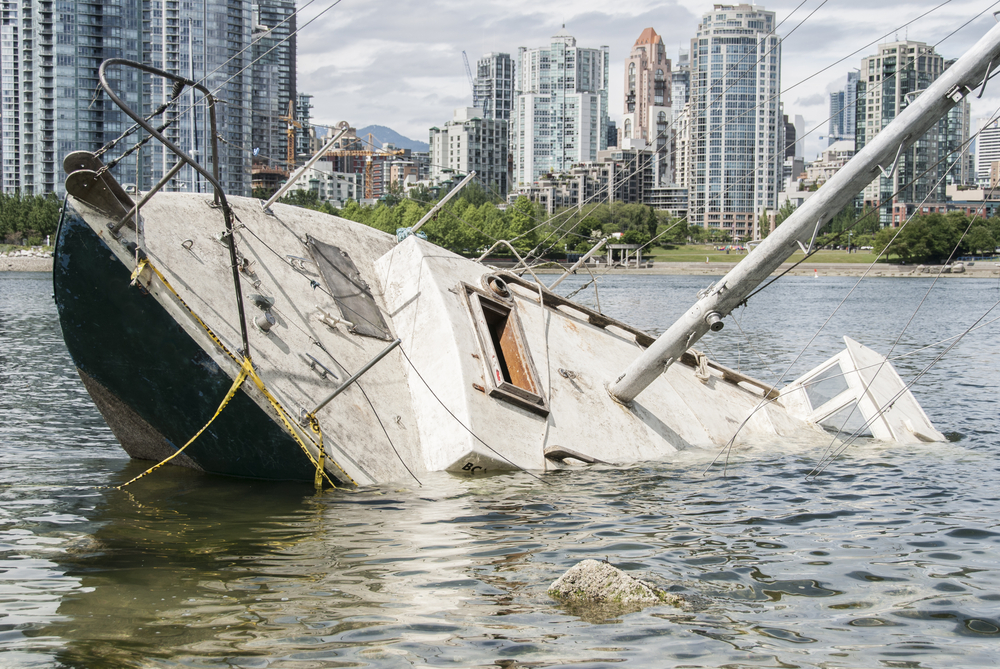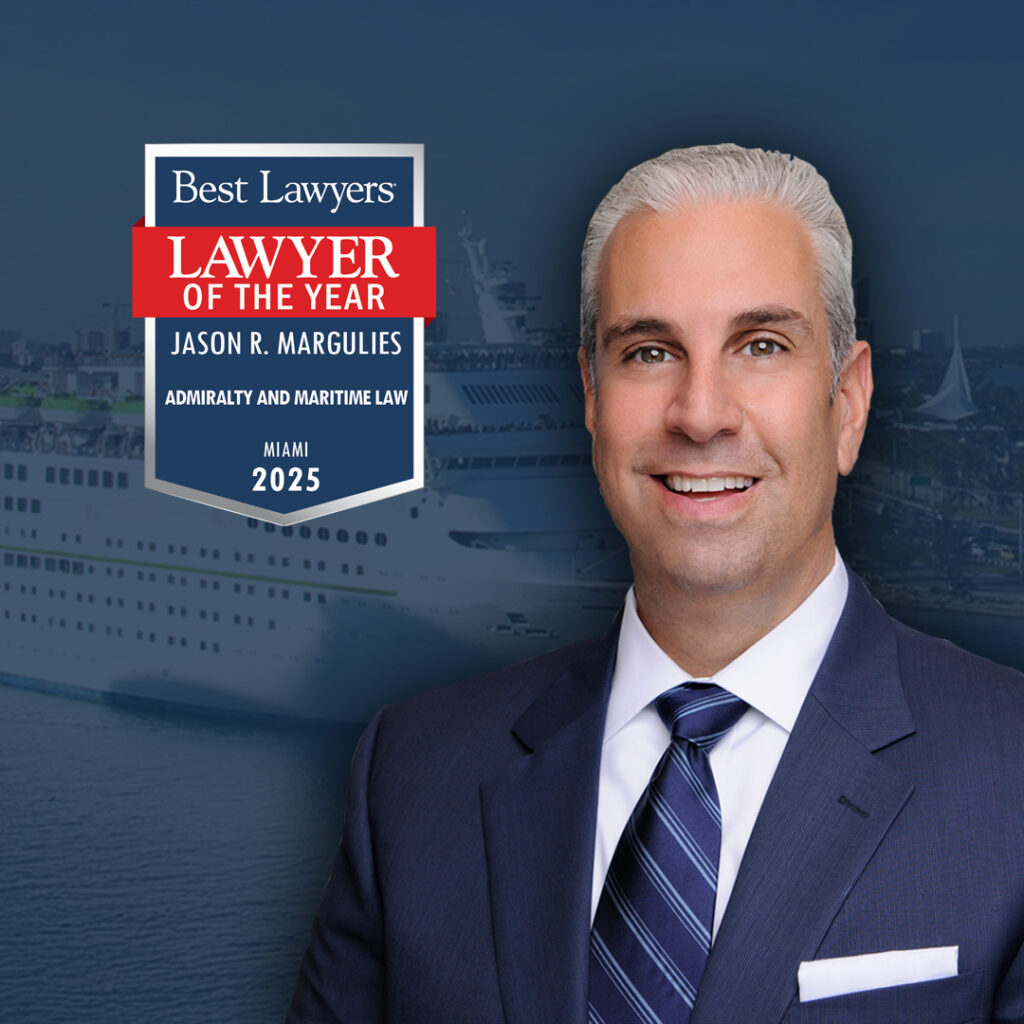Following a lawsuit filed by environmental groups, the South Carolina Supreme Court has overturned state approval to dredge Savannah’s harbor for larger ships, claiming that S.C. officials did not have the authority to strike the $650 million project deal with Georgia.
The U.S. Army Corps of Engineers signed off on the project two weeks ago, asking Congress to bypass the need for an environmental permit in South Carolina so the project could commence as quickly as possible. Georgia officials have already been trying to dredge the harbor for nearly 20 years and are anxious to begin. However, last Friday’s Supreme Court ruling could set back the project for several months, if not cancel it completely.
According to Frank Holleman, an attorney representing the groups that challenged the DHEC board’s actions – the Savannah Riverkeeper, the S.C. Coastal Conservation League, the S.C. Wildlife Federation and the Savannah River Maritime Commission – the ruling was “very important” for South Carolina residents who have been concerned over the negative impact the dredging project would have on the wildlife and ecosystem along the lower Savannah River.
“It upholds South Carolina’s rights to protect the environment without the intrusion of this unlawful negotiation,” explained Holleman.
The negotiation in question pertains to a permit that was under review by the S.C. Department of Health and Environmental Control. In November 2011, DHEC reversed a decision that denied a water quality permit necessary for the dredging. South Carolina Gov. Nikki Haley asked the agency board to review the decision after meeting with Georgia Gov. Nathan Deal and the board signed off on a settlement that DHEC officials claimed resolved concerns over the project’s impact on water quality.
The Supreme Court’s decision was based on the fact that DHEC did not have authority to negotiate such an agreement. According to state law, the Savannah River Maritime Commission is “empowered to negotiate on behalf of the state of South Carolina” on matters involving the lower Savannah River. DHEC did not involve the commission in the agreement, and as a result, the permit for dredging was denied.
Environmental concerns stemmed over Georgia’s push to deepen the harbor because of the negative impact this may have on the wildlife and wetlands. Some studies also suggest the project would lower oxygen levels in the Savannah River.
Issues involving maritime concerns, including those impacting the environment, are best left to a maritime attorney to resolve. Our law firm has been representing clients involved in maritime issues since 1971 and if you have a matter of concern you would like to have filed, turn to us to discuss your options.
Lipcon, Margulies & Winkleman, P.A. handles several types of maritime cases, including those involving cruise ships, cargo vessels and personal water crafts, along with seafarer claims. We have over 200 years of combined experience in the field. Let us put our expertise to use to assist you in obtaining compensation for your pain and suffering. Call us today to schedule a consultation and protect your rights.
PHOTO CREDIT: The State (www.thestate.com)
Published on November 9, 2012
Categories: Maritime Law
Get Free
Consultation










